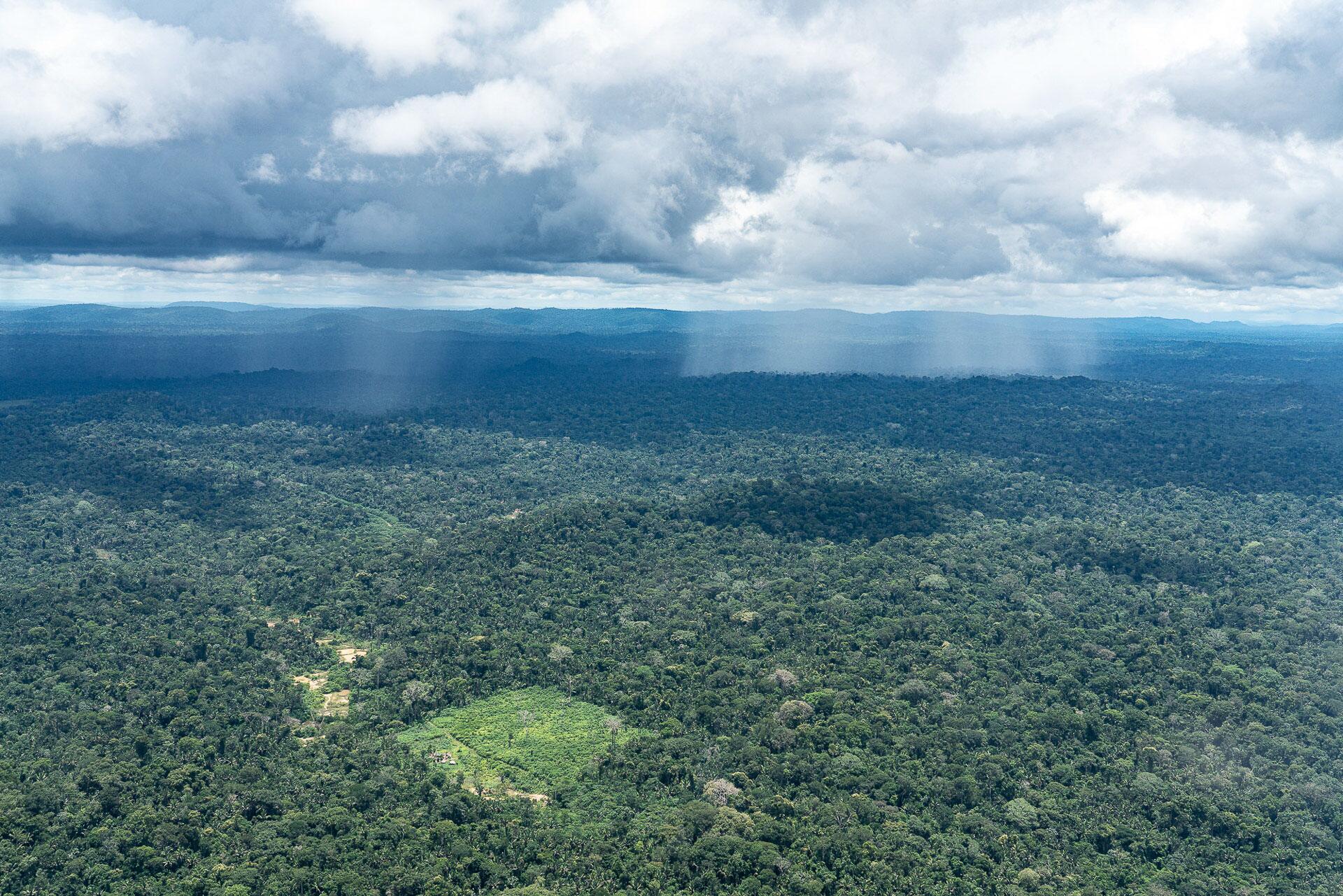TERRITORIES UNDER THREAT
- Mining crime on the border between Brazil and Colombia
The Puruê River in the state of Amazonas has been over-run by criminal mining gangs. Illegal activities destroy river courses and result in contamination of the water by mercury, according to InfoAmazonia. - Yanomamis see flaws in actions against illegal mining
A report by local associations reveals invaders are using aircraft to exploit areas near villages. Indigenous communities demand greater dialogue with the government, according to Amazônia Real. - Advance of soybean cultivation opens up conflicts in Pará
The lives of Indigenous people in the Lower Tapajós region are disturbed by “visible and invisible wars”. An anthropologist reveals how soybean monoculture has led to an increase in conflicts, according to Jornal da USP.
DESTRUCTION OF THE FOREST
- A portrait of the Amazon region three years after the worst forest fires
More than 60% of the region in the state of Pará that was destroyed by arson in northern Brazil in 2019 has become pastureland for cattle, according to InfoAmazonia. - El Niño brings more hotspots to Amazon region
Due to the climatic phenomenon, there were more hotspots (places with temperatures in excess of 47ºC) in the forest than in 2022. Change in rainfall patterns exacerbates the destruction, according Amazônia Real. - Deforestation in Xingu Basin falls, but mining threat remains
Destruction in the area showed a 52% drop vis-à-vis the first half of 2022. However, new areas of illegal mining were identified in 2023 and require constant monitoring, according to ISA (the Social Environmental Institute).

A flight over the Apyterewa Indigenous Land, in the municipality of São Félix do Xingu, in the state of Pará: deforestation in the territory fell by 94% in the first half of 2023. PHOTO: Rogério Assis/ISA (the Social Environmental Institute)
FOOD INSECURITY
- International demand drives up price of açaí; families suffer
Changes in production and consumption put the fruit on the international commodities route. The use of pesticides is on the rise, while local people go hungry, according to O Joio e O Trigo. - Climate change threatens cassava cultivation
According to Agência Pública, mould and bacteria are attacking cassava plantations in the municipality of Oiapoque, in the state of Amapá, a region in northern Brazil where 10,000 indigenous people live. The tuber is the main source of food and income in the area.
Spell check (Portuguese): Elvira Gago
Translation into Spanish: Meritxell Almarza
English translation: Mark Murray
Photography editing: Lela Beltrão
Page setup: Érica Saboya





